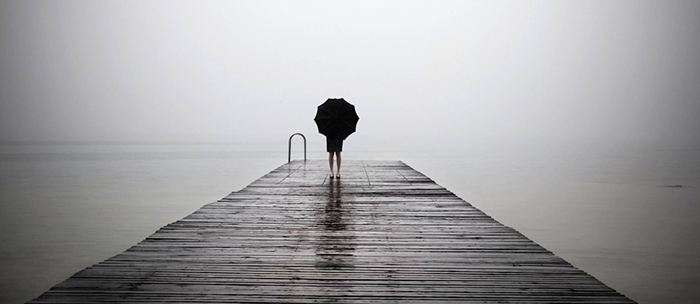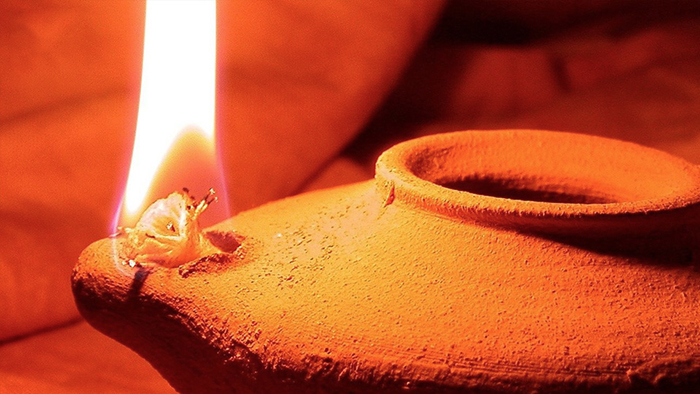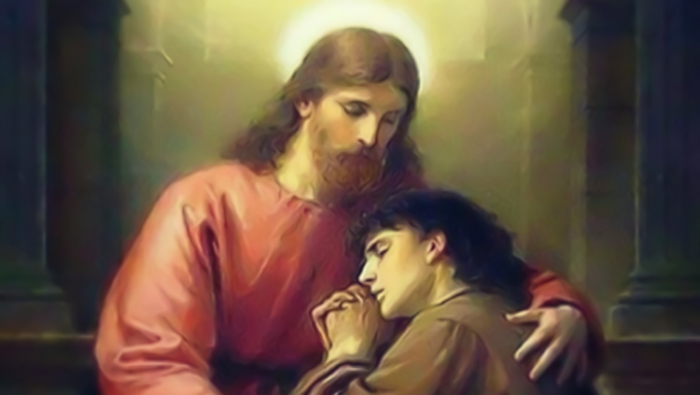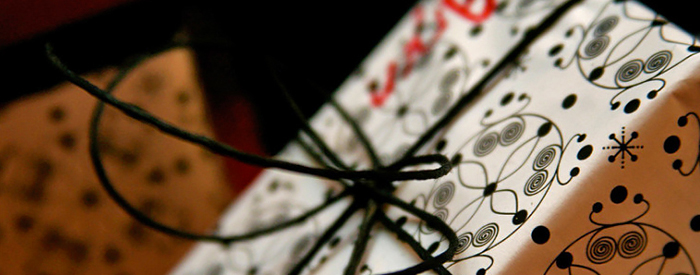
It is hard to measure up. In our lucid moments, we admit this. Anna Blaman, the pseudonym of Johanna Petronella Vrugt, was a Dutch writer and poet who echoes these thoughts. I realized it was impossible for a human being to be and remain good or pure. If, for instance, I wanted to be attentive in one direction, it could only be at the cost of neglecting another. If I gave my heart to one thing, it left another in the cold. No day and no hour go by without my being guilty of inadequacy. We never do enough, and what we do is never well enough done, except being inadequate, which we are good at because that is the way we are made. This is true of me and of everyone else. Every day and every hour brings with it its weight of moral guilt as regards my work and my relations with others. I am constantly catching myself out in my human failings, and despite their being implied in my imperfection, I am conscious of a sort of check. And this means that my human shortcomings are also my human guilt. We have a conviction of our own shortcomings and of consensual guilt, a guilt which shows itself all too clearly in the consequences of what we have done or left undone. Fr. Rolheiser writes that by definition, to be human is to be inadequate. Only God is adequate, and the rest of us can safely say: Fear not, you are inadequate! We can take consolation from the gospel parable of the ten bridesmaids who all fell asleep while waiting for the bridegroom, the wise and the foolish. Even the wise were too human and too weak to stay awake the whole time. Nobody does it perfectly, and accepting this, our congenital inadequacy can bring us to a healthy humility and perhaps even a healthy humor about it. The older I get, the less confident, in some ways, I am becoming. I don’t always know whether I’m following Christ properly or even know precisely what it means to follow Christ. So I stake my faith on an invitation that Jesus left us on the night before he died to break bread and drink wine in his memory and to trust that this if all else is uncertain, is what we should be doing while we wait for him to return.









